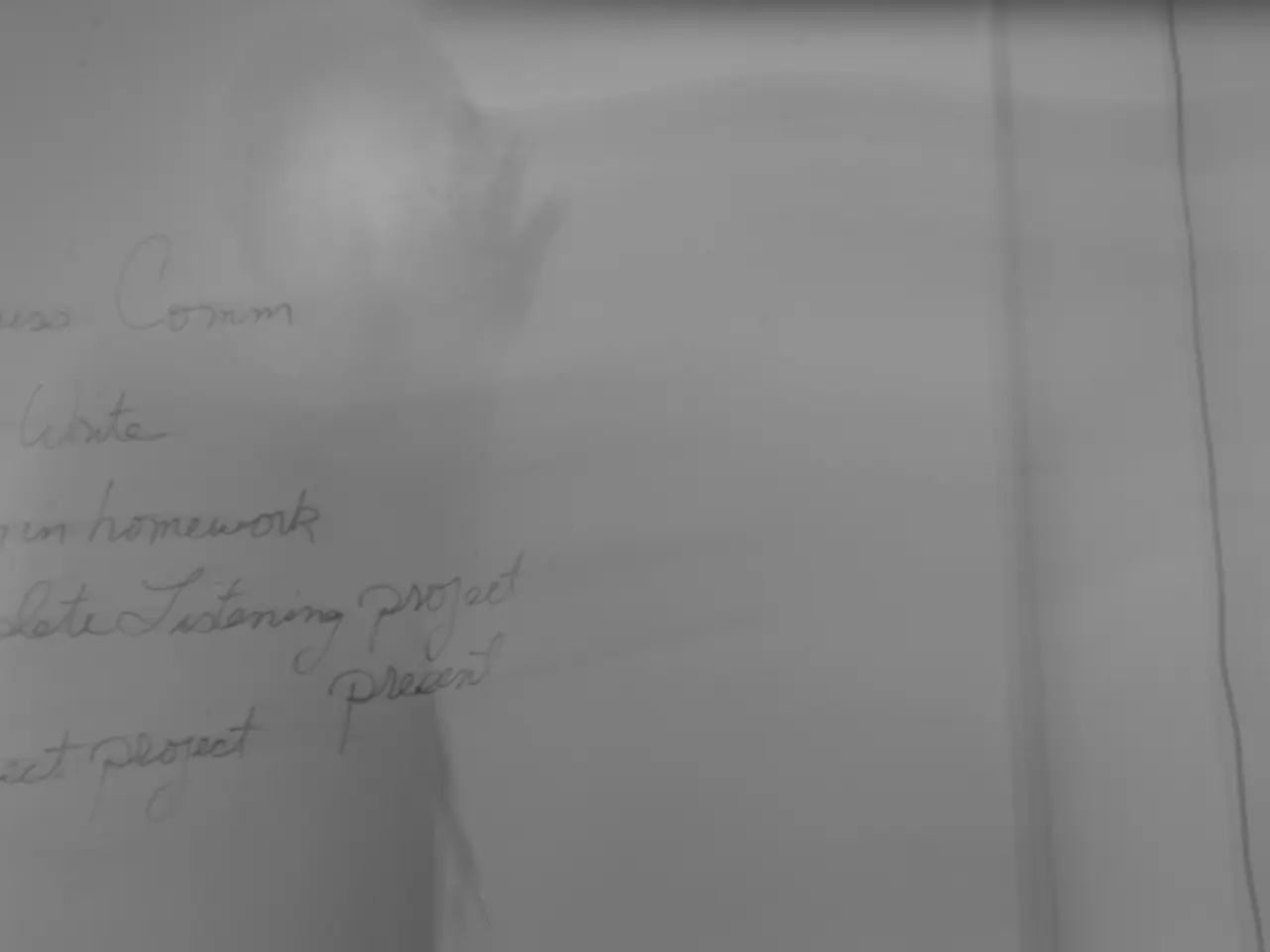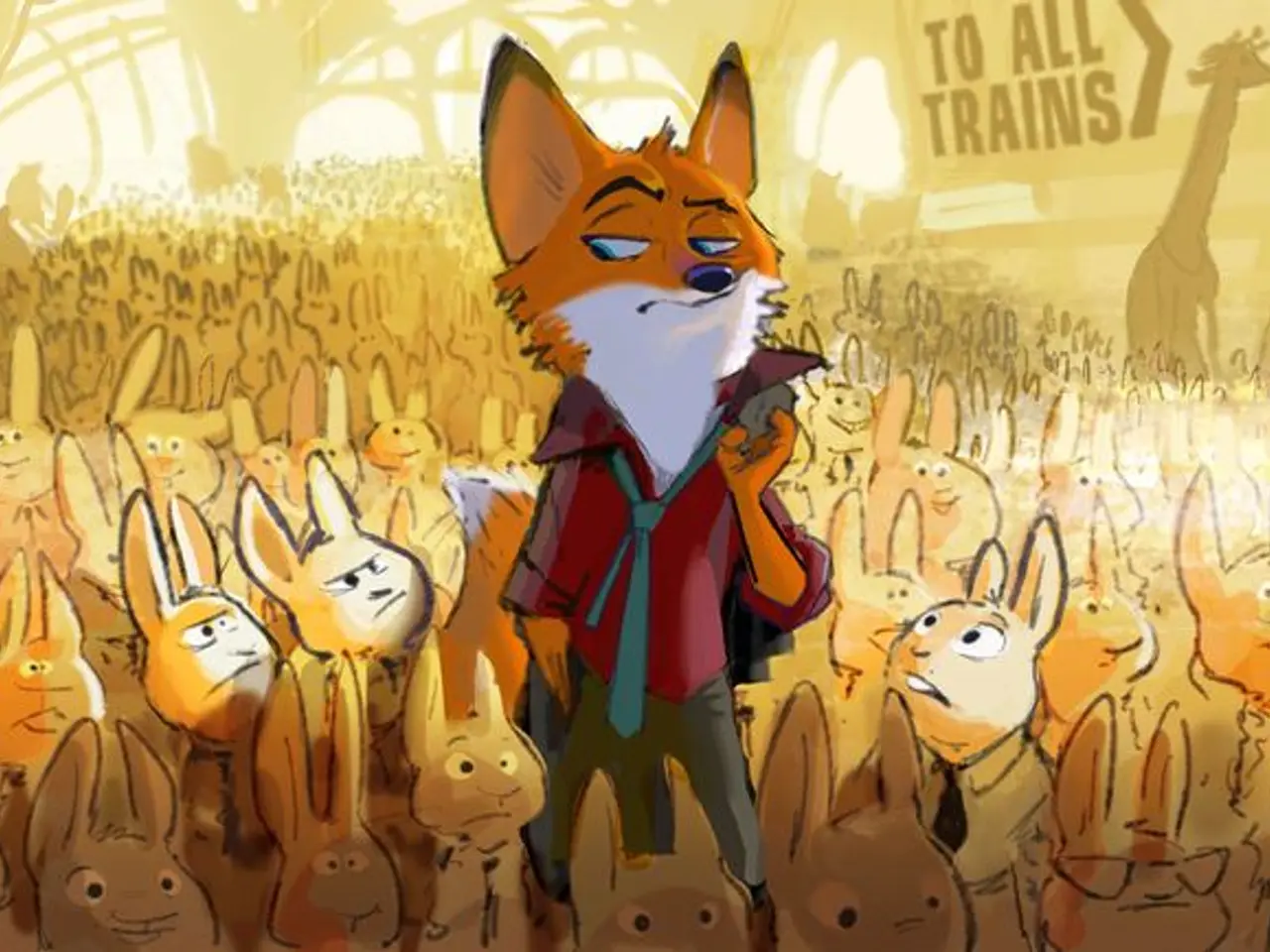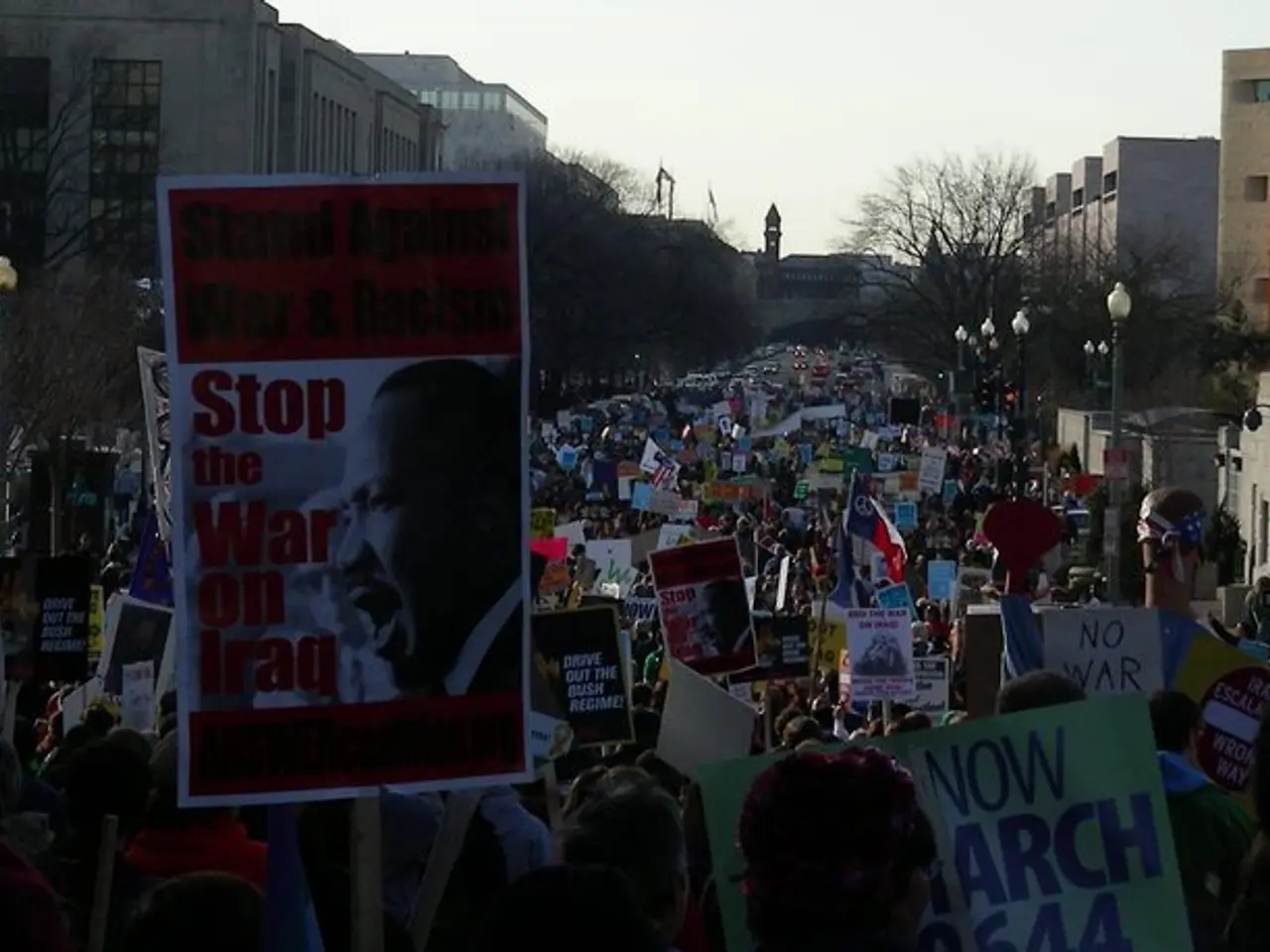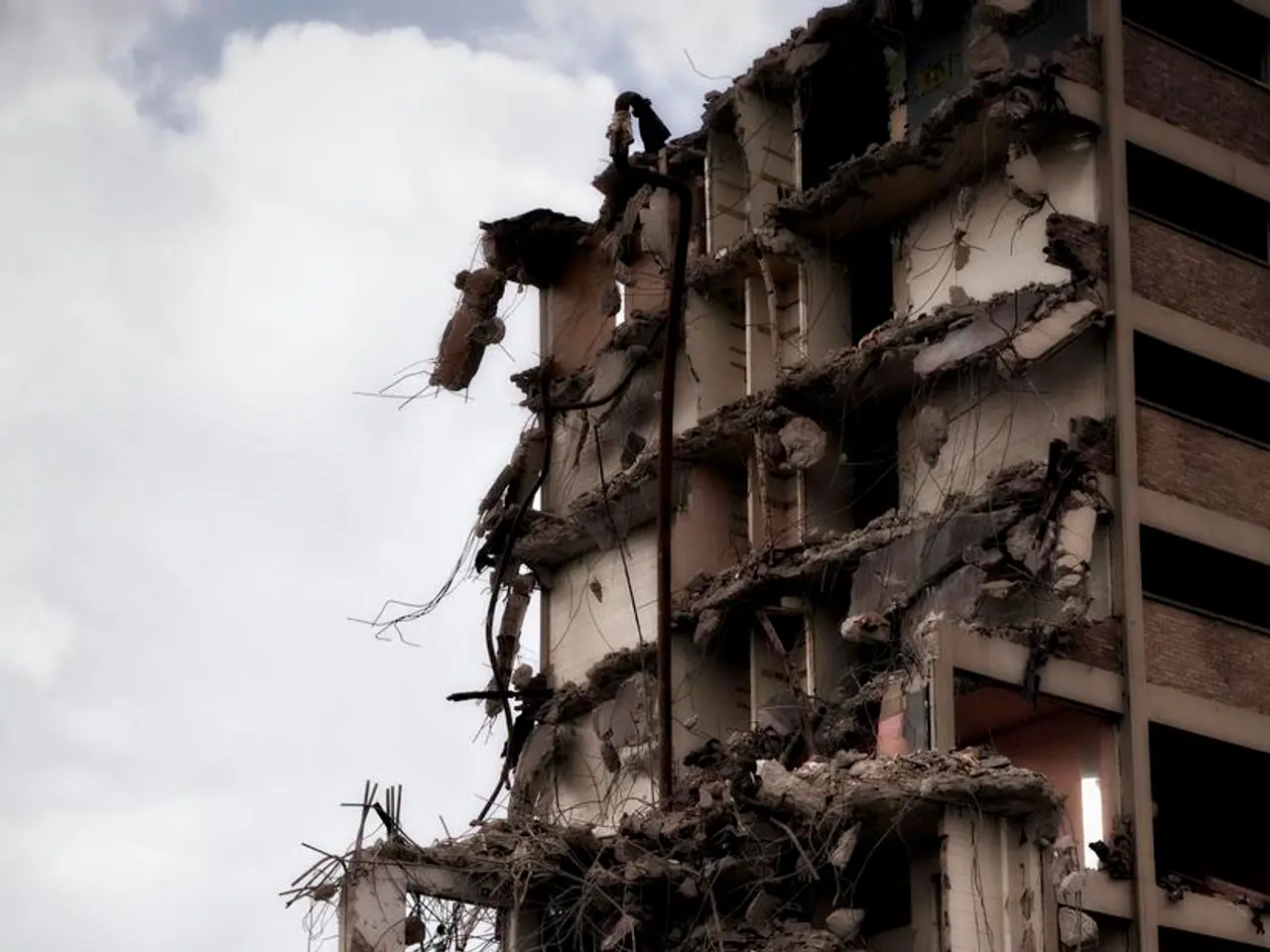Implications of Failing to Enact the One Great Beautiful Law
The One Big Beautiful Bill (OBBB), a proposed legislation aimed at revitalizing struggling communities, has been making waves in the economic sphere. However, its success or failure is not directly linked to the preservation of the 2017 tax cuts implemented by President Trump.
If the OBBB fails to pass, a series of potential ramifications could unfold. The U.S. economy could experience slowed growth due to the loss of permanent extensions and new tax reliefs from the 2017 Tax Cuts and Jobs Act. These provisions, such as no tax on overtime and additional senior deductions, aim to stimulate economic activity by increasing disposable income [1][4].
Job creation might also be affected, with potential declines or weaker growth without the bill’s incentives. The OBBB encourages investments in economically distressed areas through permanent extensions and expansions of programs like the New Markets Tax Credit, Opportunity Zones, and increased Low-Income Housing Tax Credits. These programs support investments that foster job growth, especially in struggling communities [2].
Families' take-home pay could be significantly reduced without the OBBB. The bill maintains reduced individual tax rates and brackets, which help keep taxes low for many households. Without the OBBB, the expiration of the 2017 tax cuts could lead to higher taxes for many households, thereby reducing disposable income [1][4][5].
Investment incentives would also be weakened if the OBBB does not pass. The bill enhances incentives for investment in low-income and rural areas, extends Opportunity Zones, and renews other tax credits that drive private investment in these communities. Losing these provisions would reduce the appeal and financial feasibility of such investments [2].
Community revitalization efforts could stall without the OBBB. The bill increases allocations for Low-Income Housing Tax Credits and modifies Opportunity Zones to better target rural investments, supporting economically distressed and tribal communities. The absence of these measures could halt ongoing or planned revitalization projects [2].
It's important to note that the potential tax hike, which could result from the revocation of the 2017 tax cuts, is a separate issue. If President Trump's 2017 tax cuts are not preserved, a $4 trillion tax hike over 10 years would occur, the largest nominal increase in history. This could lead to an economic downturn [3].
In summary, failure to enact OBBB risks reversing or reducing recent policy gains aimed at boosting economic growth, employment, family incomes, investments, and community development across the U.S. [1][2][4][5]. The OBBB is designed to boost families' take-home pay, spur investment, and help create millions of jobs, making it a significant piece of legislation for the U.S. economy.
References:
[1] Joint Committee on Taxation. (2019). Estimated Budget Effects of the Conference Agreement for H.R. 1, The Tax Cuts and Jobs Act.
[2] Congressional Budget Office. (2019). Estimated Impact of the One Big Beautiful Bill (OBBB) on the Economy and the Federal Budget.
[3] Congressional Budget Office. (2021). The Long-Term Budget Outlook.
[4] Tax Foundation. (2019). Analysis of the One Big Beautiful Bill (OBBB).
[5] Urban-Brookings Tax Policy Center. (2019). One Big Beautiful Bill (OBBB) Analysis.
- The failure of the OBBB could result in the reversal of recent economic growth policies, as the loss of the 2017 Tax Cuts and Jobs Act provisions could lead to reduced disposable income, weaker investments, and slowed revitalization efforts.
- The OBBB's policy-and-legislation aims to boost the U.S. economy by maintaining reduced individual tax rates, funding community revitalization, and encouraging private investment through permanent extensions and expansions of programs, making it a significant piece of legislation within the realm of politics and general-news.






